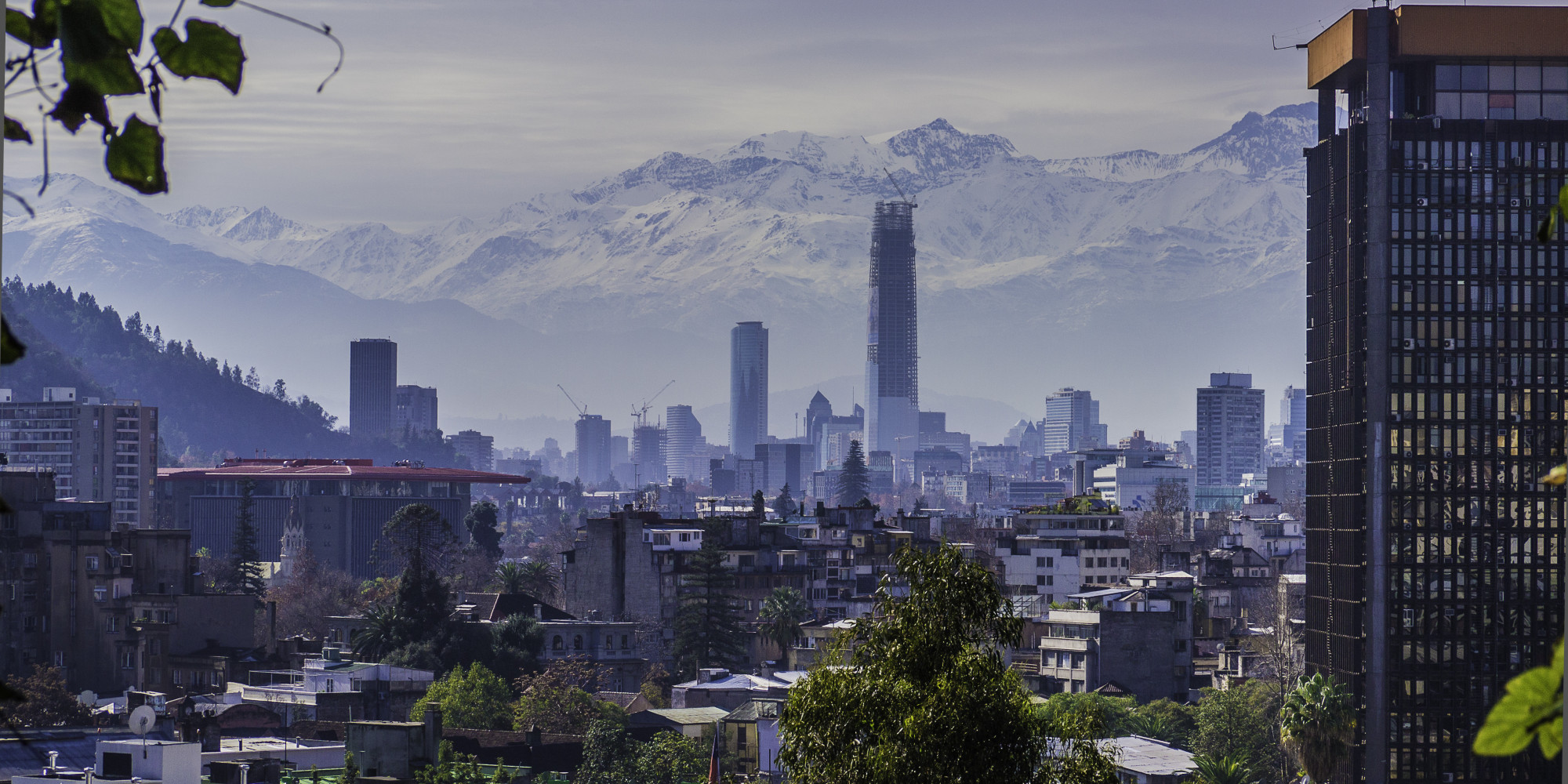El planeta
Tierra está lleno de bellezas naturales. Algunas de estas bellezas son las
increíbles playas! Sean en las islas de Caribe, en las costas europeas o en
África, todas ellas tienen sus características y encantos, haciendo de nuestro
mundo un lugar agradable y poniendo a disposición buenas opciones de turismo.
Pero, incluso que existan millares de playas en el mundo, solamente una es la más
increíble de todas y considerada la más bella de nuestro planeta.

La ganadora del puesto de playa más
bella del mundo está localizada en Fernando de Noronha, una famosa isla
brasileña, conocida por su turismo ecológico y maravillas sin iguales.
Las aguas
cristalinas y limpias, los paisajes naturales y la tranquilidad hicieron de la
Baia del Sancho, la mejor playa del mundo.
Con un sigiloso
control de las organizaciones ambientales de Brasil, Fernando de Noronha es una
de las regiones más preservadas por el gobierno brasileño, dónde el turismo es
limitado y la manutención de la naturaleza es ley.
En los años de 2014 y 2015, Trip
Adivisor, el sitio de turismo más famoso del mundo, eligió la Baia del Sancho
como la más bella del planeta.
Lo sitio cuenta
con más de ducentos mil accesos de personas que escriben sus opiniones y puntúan
sus destinos turísticos favoritos.
Además de Fernando
de Noronha, otras seis playas brasileñas fueran consideradas entre las diez más
bellas de América Latina.
La isla que pertenece al estado de
Pernambuco, en la región nordeste de Brasil, es uno de los destinos turísticos
de lujo más caros del país.
Para aquellos que
desean desfrutar de la más deslumbrante playa del mundo, van a necesitar tener
mucho dinero para pagar los resorts y hospedajes frente al mar.
Fernando de
Noronha es sin duda un trozo del paraíso en la Tierra y un motivo de orgullo
para la nación brasileña. Una
jóia del turismo en Brasil!
André Felipe Maria








